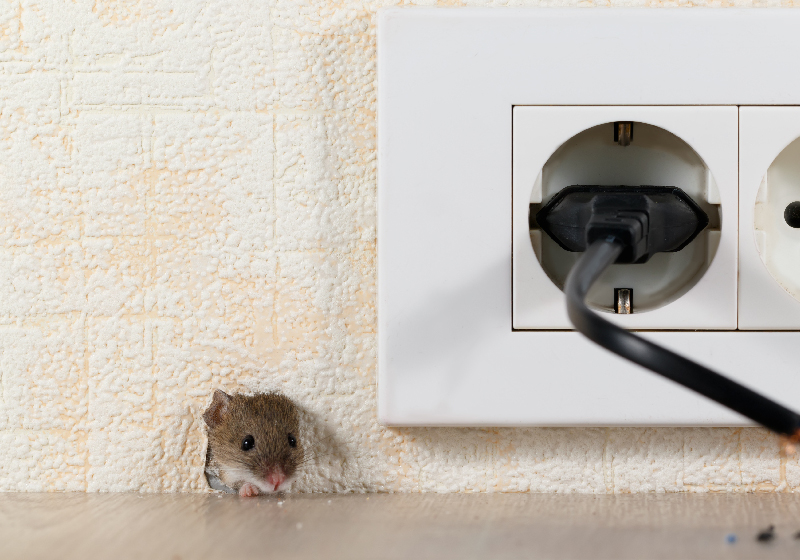By Jon McCreath, NPI, Inc.’s Training Director
Good entrepreneurs are always looking for ways to pull ahead of their competition. In the property inspection industry, business owners often will achieve a larger market share by expanding their add-on services, or through emphasizing their own unique strenghts that separate themselves from the crowd.
These strategies are great things to build upon! However, the best thing an inspector can do to establish themselves is to deliver the best primary product possible. This can mean writing an unmatched inspection report, or consistently catching things that the other guy misses. A great way to add value to a property inspection that other inspectors might skip out on is to inspect for animals.
What To Do When Inspecting For Animals
Some property inspectors may feel the instinct to shy away quickly from anything related to wildlife during a property inspection, and this is understandable! Property inspectors are trained to evaluate key home systems and aren’t experts on animal species or the best wildlife defense strategies.
According to InterNACHI’s Home Inspection Standards of Practice, a property inspector is not required to determine “…the presence of evidence of rodents, birds, bats, animals, insects, or other pests.” Property inspectors understandably may avoid this area when possible rather than speaking on a subject where they lack expertise and risk liability issues.
With that said, InterNACHI’s Standards of Practice also exclude things like mold, radon, and air quality – all great add-on services! When a property inspector puts in the effort to familiarize themselves with the basic signs of animal intrusion, they can advise clients to speak with the appropriate professional consultant for further action.
Inspecting for wildlife is just one small way that inspectors can add value to their overall service, and provide homebuyers a satisfying inspection experience.
Get To Know Which Animals Affect Your Region
To start, inspectors should learn more about the wildlife that is known for home intrusion in their area. Some animals are fairly universal nuisances like mice, but others can be very regionally specific.
Mice and rodents can famously squeeze their way into homes through the smallest of openings, and other animals take advantage of neglected home maintenance by creating their own entrances or nesting hovels. To check for intrusion more effectively, inspectors should start with the exterior and search for areas of easy entry.
Common entry points include chimneys (especially those without caps, or ones that are aged), ineffectively sealed doors and windows, and ventilation systems. Inspectors would be wise to not alarm any homebuyers with these details unless there are clear signs of intrusion, but noting any of these issues during an inspection could tip off an inspector of a wildlife problem before even setting foot indoors.
Familiarize Yourself With Common Signs Of Previous Wildlife Intrusion
Very often, homeowners won’t put preventive measures into effect until they’ve had issues with local wildlife. If a property has clear signs of defense measures for local wildlife or recent interior access maintenance, this could indicate a potential issue new residents should be aware of.
Vent screens, hardware cloth, and wire screening can all be signs of previous preventive measures. Additionally, special care towards keeping garbage cans secured through tight lids or heavy duty barrels might hint towards issues with scavengers.
While home inspectors should always focus on the job they were hired to do first, keying in on these small details can help ensure clients don’t discover an unwelcome visitor down the road!
National Property Inspections is a tight-knit network of professional property inspectors spanning the US and Canada. To learn more about the benefits of teaming up with hundreds of experienced inspection industry professionals, learn more with our free info packet!



